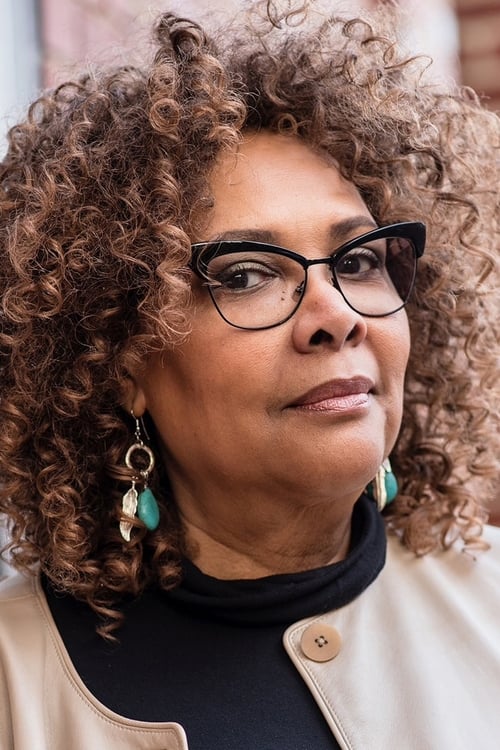
Julie Dash
Birth : 1962-10-22, Long Island City, New York, USA
History
Julie Ethel Dash (born October 22, 1952) is an American film director, writer and producer. Dash received her MFA in 1985 at the UCLA Film School and is one of the graduates and filmmakers known as the L.A. Rebellion. The L.A. Rebellion refers to the first African and African-American students who studied film at UCLA. After she had written and directed several shorts, her 1991 feature Daughters of the Dust became the first full-length film directed by an African-American woman to obtain general theatrical release in the United States. Daughters of the Dust was named one of the most significant films of the last 30 years, by IndieWire.
Dash has worked in television since the late 1990s. Her television movies include Funny Valentines (1999), Incognito (1999), Love Song (2000), and The Rosa Parks Story (2002), starring Angela Bassett. The National Underground Railroad Freedom Center commissioned Dash to direct Brothers of the Borderland in 2004, as an immersive film exhibit narrated by Oprah Winfrey following the path of women gaining freedom on the Underground Railroad. In 2017, Dash directed episodes of Queen Sugar on the Oprah Winfrey Network.
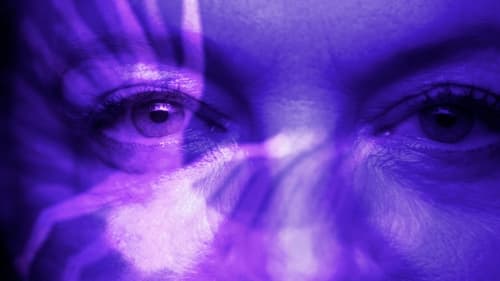
Self
Investigates the politics of cinematic shot design, and how this meta-level of filmmaking intersects with the twin epidemics of sexual abuse/assault and employment discrimination against women, with over 80 movie clips from 1896 - 2020.

Herself
An investigative look and analysis of gender disparity in Hollywood, featuring accounts from well-known actors, executives and artists in the Industry.

Director
A feature length documentary about Vertamae Smart Grosvenor, a world-renowned author, performer, and chef from rural South Carolina who has led a remarkably unique and complex life.

Producer
Recounts the impact of migrants on the African Methodist Episcopal church. Philadelphia’s Mother Bethel AME, the nation’s oldest African-American church, served as a local community partner, as well as Mother Emmanuel Church in Charleston, SC, the site of the 2015 mass shooting.

Writer
Recounts the impact of migrants on the African Methodist Episcopal church. Philadelphia’s Mother Bethel AME, the nation’s oldest African-American church, served as a local community partner, as well as Mother Emmanuel Church in Charleston, SC, the site of the 2015 mass shooting.

Director
Recounts the impact of migrants on the African Methodist Episcopal church. Philadelphia’s Mother Bethel AME, the nation’s oldest African-American church, served as a local community partner, as well as Mother Emmanuel Church in Charleston, SC, the site of the 2015 mass shooting.

Self
Tells the history and importance of The National Film Registry, a roll call of American cinema treasures that reflects the diversity of film, and indeed the American experience itself.

Self
Explores the careers of twenty black women working as film directors.
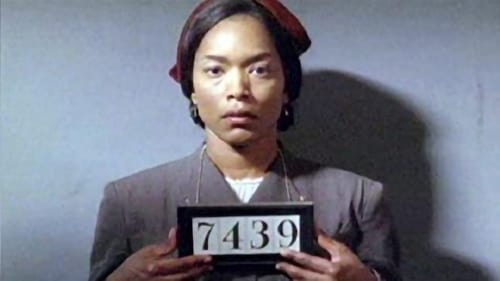
Director
A seamstress recalls events leading to her act of peaceful defiance that prompted the 1955 bus boycott in Montgomery, Alabama.
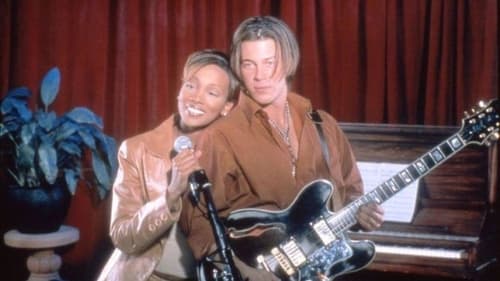
Director
A privileged, black college student with a fiance falls in love with a white musician she meets on her 21st birthday.

Director
A rape victim continues to be stalked by the man who attacked her. Her fiancé is no help, so her father hires a bodyguard to protect her.

Director
A woman returns to her home town to sort out her troubled marriage and finds new happiness in the rekindling of a broken friendship with her cousin.

Writer
The actual experiences of New York City subway riders are dramatized in a collection of 10 intriguing and very different vignettes. The tales showcase an ensemble of familiar faces, and range from stories of compassion and love to reflections on violence and loss. Among them: a disabled beggar quarrels with a woman and ruins her shoes with his wheelchair, provoking onlookers to wrath and pity; a skittish tourist proves to be her own worst enemy; a newlywed trysts with a mysterious sexpot; a commuter helplessly witnesses a suicide attempt; and, in the most affecting segment, a young woman grieves over her mother's imminent death.

Director
The actual experiences of New York City subway riders are dramatized in a collection of 10 intriguing and very different vignettes. The tales showcase an ensemble of familiar faces, and range from stories of compassion and love to reflections on violence and loss. Among them: a disabled beggar quarrels with a woman and ruins her shoes with his wheelchair, provoking onlookers to wrath and pity; a skittish tourist proves to be her own worst enemy; a newlywed trysts with a mysterious sexpot; a commuter helplessly witnesses a suicide attempt; and, in the most affecting segment, a young woman grieves over her mother's imminent death.

Herself
An interview with the filmmaker Julie Dash about her film training, vision and struggle to bring Daughters of the Dust to the American movie screen. Includes clips of Illusions and Diary of an African Nun.
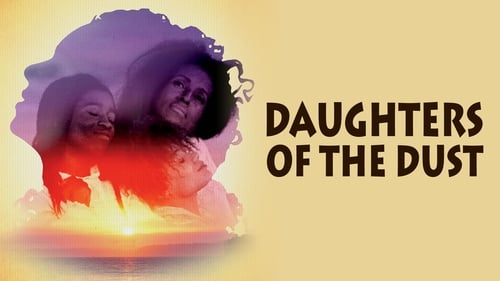
Producer
In 1902, an African-American family living on a sea island off the coast of South Carolina prepares to move to the North.

Writer
In 1902, an African-American family living on a sea island off the coast of South Carolina prepares to move to the North.

Director
In 1902, an African-American family living on a sea island off the coast of South Carolina prepares to move to the North.

Writer
“Draw or Die” is the divine imperative received by the painter, Hannah, who is being nurtured by her Grandmother, but controlled by her pragmatic mother. When her Granny spirit shouts this command to Hannah, she closes a celebration of personal visions in a dance piece that is close to visionary in itself.

Director
“Draw or Die” is the divine imperative received by the painter, Hannah, who is being nurtured by her Grandmother, but controlled by her pragmatic mother. When her Granny spirit shouts this command to Hannah, she closes a celebration of personal visions in a dance piece that is close to visionary in itself.

Director
Ishmael Huston-Jones physically carries his mother, Pauline Jones, into the improvisational dance space. While she dyes eggs and speaks about family history, he improvises a rhythmic dance-counterpoint to her speech.
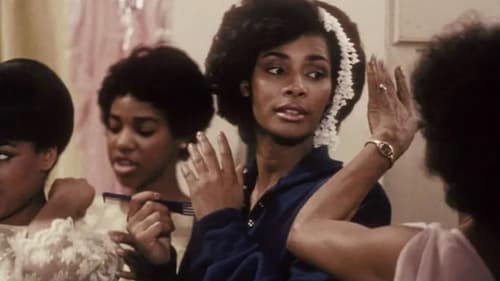
Assistant Director
A man who despises his upwardly mobile lawyer brother reluctantly agrees to be best man at his wedding.
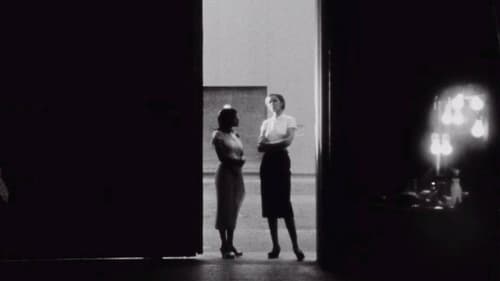
Producer
A woman in a Hollywood dubbing studio struggles with race and preconceptions.

Editor
A woman in a Hollywood dubbing studio struggles with race and preconceptions.

Writer
A woman in a Hollywood dubbing studio struggles with race and preconceptions.

Director
A woman in a Hollywood dubbing studio struggles with race and preconceptions.

Producer
An African nun is consumed by fear and doubt about her decision to take the solemn vows of poverty, chastity and obedience. Her anguish intensifies night after night as she lies on a hard bed in her small room at the convent and listens to the rhythmic, beckoning drums of her village.

Editor
An African nun is consumed by fear and doubt about her decision to take the solemn vows of poverty, chastity and obedience. Her anguish intensifies night after night as she lies on a hard bed in her small room at the convent and listens to the rhythmic, beckoning drums of her village.

Director
An African nun is consumed by fear and doubt about her decision to take the solemn vows of poverty, chastity and obedience. Her anguish intensifies night after night as she lies on a hard bed in her small room at the convent and listens to the rhythmic, beckoning drums of her village.

Cinematography
An imaginatively choreographed dance interpretation of the ballad by Nina Simone explores four common stereotypes of Black women.

Director
An imaginatively choreographed dance interpretation of the ballad by Nina Simone explores four common stereotypes of Black women.











